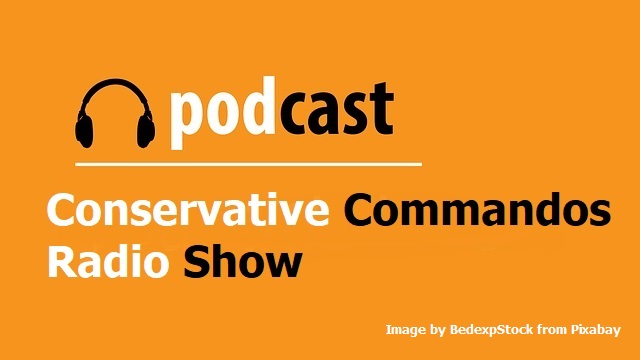A fragile Israel-Iran ceasefire held Tuesday and delivered a short-term political win to President Trump. However, analysts and former U.S. officials say Mr. Trump faces a much bigger, longer-term problem: A government in Tehran that, if allowed to survive with even a small piece of its nuclear program intact, may feel compelled to race toward a nuclear weapon as fast as possible.
The roughly 10-day Israeli air campaign and the U.S. strikes Saturday on three key Iranian nuclear sites have, by all accounts, caused significant damage to Tehran’s nuclear program. Still, Iran possesses enriched uranium, and assessments from arms control organizations say multiple Iranian nuclear-related facilities may be viable. The U.S. bombing set back Iran’s overall nuclear program by only a few months, according to multiple reports citing a preliminary classified U.S. intelligence report.
Nuclear experts readily concede that the work of containing Iran’s atomic ambitions is by no means over. Rafael Grossi, director of the United Nations International Atomic Energy Agency, said in a social media post Tuesday that he wants to meet as soon as possible with Iranian officials to find “a diplomatic solution to the long-standing controversy over [Iran’s] nuclear program.”
The subtext of those comments is that the nuclear program still exists and must be resolved through a diplomatic agreement.
Some national security insiders and longtime Iran specialists warn that expecting Iran to voluntarily end its nuclear program, even after the intense Israeli and U.S. military campaigns, would be a mistake. What’s more, it seems conceivable that Iran’s political leadership could conclude that months of direct diplomatic negotiations with the Trump administration accomplished very little and that the U.S. attacks on nuclear facilities at Fordo, Natanz and Isfahan only confirm that Tehran will never be truly safe without an atomic bomb.
“Iran’s nuclear program is like a glioblastoma; leave a single cell behind, and the tumor will regrow,” said former Defense Department official Michael Rubin, now a senior fellow at the American Enterprise Institute.
Mr. Rubin said assessing Iran’s nuclear capabilities in a vacuum is a mistake. Although U.S. and Israeli bombs may have slowed the program, Iran was surely preparing for the American strikes and took steps to mitigate their damage. Tehran could also reach out to some of its nuclear-armed allies for assistance in rebuilding its capabilities.
That might make little sense on the surface. Neither China nor Russia, for example, would benefit from a nuclear-equipped Iran. Still, it’s worth remembering that former Russian President Dmitry Medvedev just this week stated on social media that a “number of countries are ready to directly supply Iran with their own nuclear warheads.”
“When the CIA assesses Iran, assumptions matter. What might be a decade delay if Iran’s program remains indigenous becomes just a yearlong setback if North Korea, Pakistan, Russia or China help,” Mr. Rubin told The Washington Times on Tuesday. “As for letting the enriched uranium slip through our fingers, that’s an intelligence failure on par with Iraq.”
That “enriched uranium” refers to apparent satellite images showing a large number of trucks at the Fordo nuclear site in the days and hours leading up to the U.S. airstrikes.
Those vehicles may have transported uranium away from the site to other underground locations across the country.
Recent IAEA data showed that Iran has nearly 900 pounds of uranium enriched up to 60%, which is a short, technical step away from weapons-grade levels of 90%.
Specialists say the status of that uranium is a major question.
©2025 Conservative Commandos Radio Show and AUN-TV. All rights reserved.
The post PODCAST: Israel-Iran ceasefire holds, but experts warn Tehran’s nuclear ambitions far from dead appeared first on Dr. Rich Swier.
Click this link for the original source of this article.
Author: Conservative Commandos Radio Show and AUN-TV
This content is courtesy of, and owned and copyrighted by, https://drrichswier.com and its author. This content is made available by use of the public RSS feed offered by the host site and is used for educational purposes only. If you are the author or represent the host site and would like this content removed now and in the future, please contact USSANews.com using the email address in the Contact page found in the website menu.








